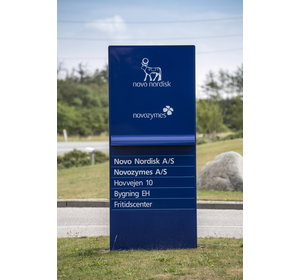$316 $BABA $HKEX
#HongKong #ChinaTrade #USTariffs #CargoSector #StockMarket #SupplyChain #USChinaRelations #TradeWar #Shipping #GlobalMarkets #EconomicGrowth #Tariffs
Hong Kong’s strategic location as a key international shipping and trade hub has made its cargo sector a focal point of global commerce. However, as tensions between the United States and China escalate, the city’s logistics and cargo industry is facing mounting pressure from trade restrictions, tariffs, and geopolitical risks. The region has long benefited from a free and open trading environment, but with Washington increasingly targeting Chinese exports and Beijing responding in kind, companies relying on the port and air cargo infrastructure of Hong Kong are encountering rising costs and regulatory challenges. Investors are closely watching how major firms in the logistics, transportation, and import-export sectors respond to these shifting dynamics, particularly those listed on the Hong Kong Stock Exchange.
The imposition of U.S. tariffs on Chinese goods has led to a decline in shipping volumes through Hong Kong, impacting companies such as Cathay Pacific Cargo and logistics firms like Kerry Logistics Network. Many multinational corporations are exploring alternative routes to bypass Hong Kong, looking at ports in Southeast Asia for cost-efficiency and avoiding political risk. Meanwhile, Chinese regulators have introduced countermeasures, including incentives for businesses to shift cargo flows to mainland ports such as Shenzhen and Shanghai, further diminishing Hong Kong’s role as a dominant logistics hub. This trend poses significant challenges for the Hong Kong Stock Exchange ($HKEX), which sees many cargo, logistics, and infrastructural stocks decline in response to geopolitical instability.
Beyond direct trade impacts, the real estate sector is also feeling the effects as industrial properties, warehouses, and logistics parks experience reduced demand amid fluctuating cargo volumes. Institutional investors who once considered Hong Kong a stronghold for long-term growth are reassessing their exposure, with some shifting capital to regions with more stable trade relations. While China’s largest e-commerce players, including Alibaba ($BABA), continue to have a strong dependency on efficient logistics, their strategies are gradually adapting to mitigate Hong Kong’s volatility. Concurrently, major financial institutions are revising their economic projections for the region, indicating slower GDP growth due to dwindling trade flows and increased costs associated with prolonged trade conflicts.
Looking ahead, Hong Kong’s ability to maintain its relevance in global logistics may depend on its capacity to diversify its economic base while also navigating the broader U.S.-China trade tensions. Policymakers and industry leaders may push for new trade agreements, logistics innovations, or investments in digital cargo management technology to maintain competitiveness. However, with the global economy still highly sensitive to trade policies, fluctuations in demand, and political posturing between superpowers, any stabilization in Hong Kong’s cargo sector is likely to come with significant volatility. Investors and market watchers will closely monitor developments in tariffs, trade restrictions, and shifts in cargo routes to assess the long-term viability of Hong Kong’s logistics industry.











Comments are closed.